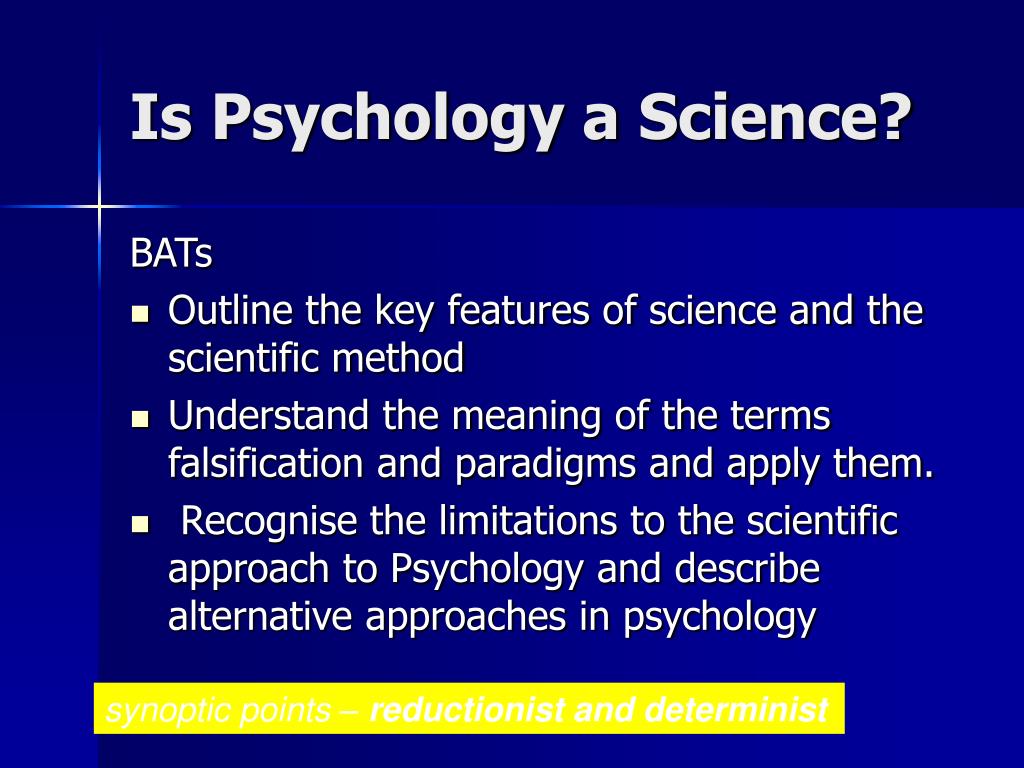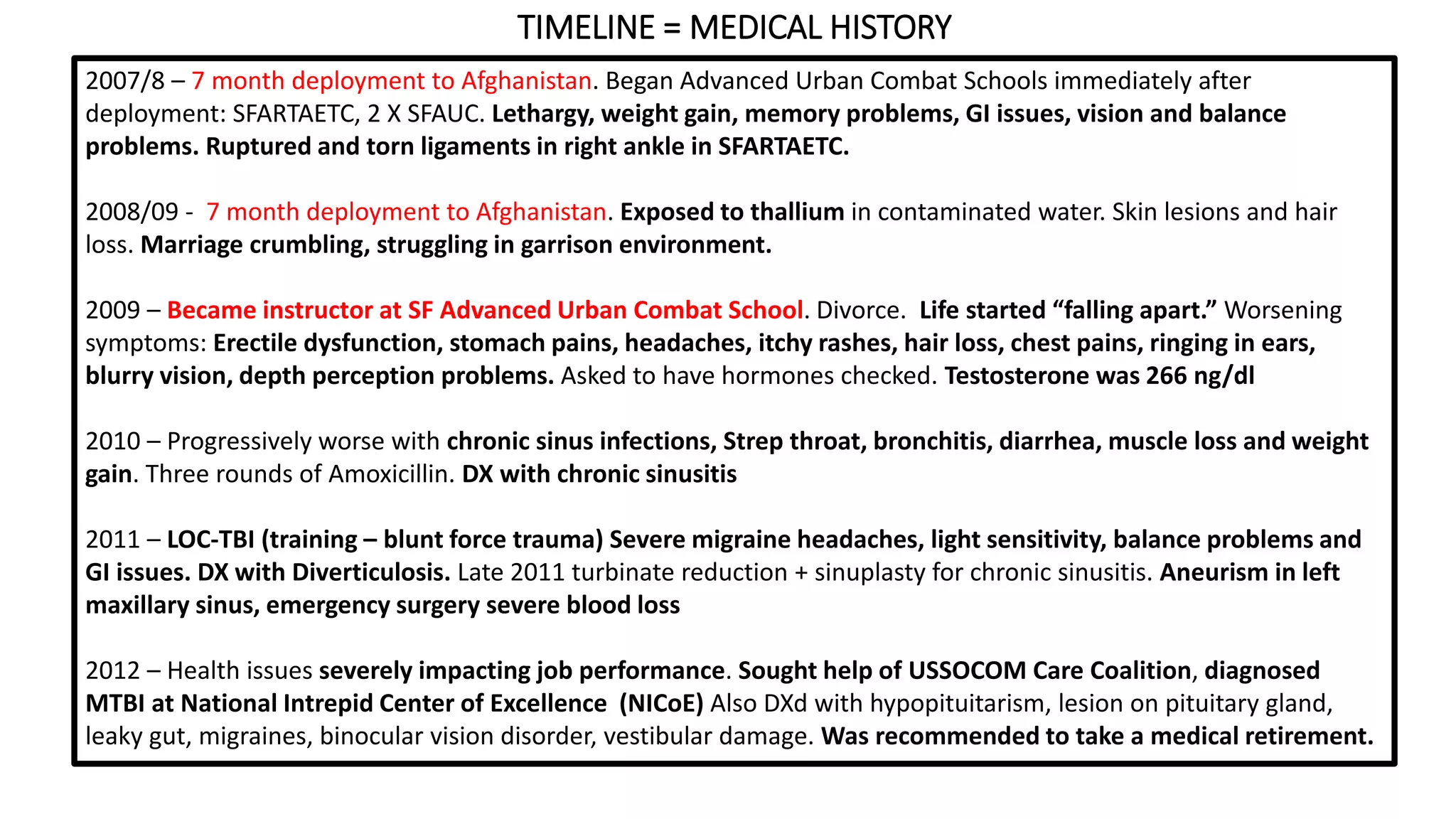Career Fairs: Your Ultimate Guide to Preparation and Success
What’s a career fair?
A career fair is a network event where employers and jobseekers connect in a centralized location. These events bring unitedly companies actively recruit and individuals seek employment or internship opportunities. Career fairs create an efficient environment for both parties to meet face to face, make preliminary assessments about potential fits within their organizations or career paths.
Career fairs come in various formats, include:
-
Industry specific fairs
Focus on particular sectors like technology, healthcare, or finance -
College and university fairs
Host by educational institutions for students and alumni -
Regional or community fairs
Open to jobseekers within specific geographic areas -
Virtual career fairs
Online events use video conferencing and digital networking tools
These events typically feature company representatives station at booths or tables, ready to discuss their organizations, available positions, and candidate requirements. For jobseekers, career fairs offer a unique opportunity to interact with multiple potential employers in a single day, importantly expand their professional network.
Benefits of attend career fairs
Career fairs provide advantages that online job applications but can not match:
For jobseekers
-
Face to face interactions
Make personal connections with hire managers -
Company culture insights
Get a feel for organizational values and work environments -
Multiple opportunities
Explore various companies and positions expeditiously -
Immediate feedback
Receive direct responses to questions about qualifications -
Interview practice
Hone professional communication skills in low pressure settings
For employers
-
Talent pool access
Meet qualified candidates in person -
Brand awareness
Promote company culture and values -
Efficient recruiting
Screen multiple candidates in one location -
Diverse candidate engagement
Connect with jobseekers from various backgrounds
The value of career fairs extends beyond immediate job placement. These events help build professional networks that can lead to opportunities throughout your career journey.
How to prepare for a career fair
Effective preparation transform a career fair from an overwhelming experience into a strategic network opportunity. The work you do before attend importantly impact your success.
Research participating companies
Invariably obtain the list of attend companies before the event. This information is typically available on the career fair’s website or through the host organization. For each company of interest:
- Study their mission, values, and recent news
- Identify open positions that match your qualifications
- Research their industry stand and competitive advantages
- Review their social media presence for cultural insights
- Prepare specific questions base on your research
This preparation demonstrate genuine interest and help you prioritize which booths to visit during limited time frames.
Perfect your resume
Your resume serve as your calling card at career fairs. Make it exceptional by:
-
Tailor content
Customize versions for different industries or positions -
Highlight relevant achievements
Quantify accomplishments when possible -
Ensure error free presentation
Proofread multiple times and have others review it -
Use quality paper
Print on professional resume paper for in person events -
Prepare digital formats
Have PDF versions ready for virtual fairs or quick email follow-ups
Bring more copies than you expect to need — run out of resumes limit your network potential.
Craft your elevator pitch
An elevator pitch is a 30 60 second introduction that summarize who you’re professionally. Develop a compelling pitch that include:
- Your name and professional identity
- Educational background and relevant credentials
- Key skills and experiences that distinguish you
- Career goals and what you’re sought
- Why you’re interested in the specific company
Practice deliver your pitch course until it flow informally preferably than sound rehearse. Adjust your pitch slenderly for different industries or positions.
Plan your professional appearance
First impressions matter importantly at career fairs. Prepare your professional appearance by:
-
Research industry dress codes
Different sectors have varied expectations -
Choose conservative professional attire
When in doubt, opt for business formal -
Ensure clothes are clean and press
Prepare your outfit the day before -
Select comfortable yet professional shoes
You’ll be stood for extended periods -
Minimize distract accessories
Keep jewelry and fragrances subtle
For virtual career fairs, apply these same principles to your visible appearance, and ensure your background is professional and fountainhead light.
Organize your materials
Being organize demonstrate professionalism. Prepare a system for manage career fair materials:
- Use a professional portfolio or pad folio to hold resume
- Bring business cards if you’ve them
- Pack multiple pens and a small notepad
- Create a system for collect and organize company materials
- Prepare a list of references to provide if request
For virtual fairs, organize digital files in easy accessible folders and have your materials ready to share electronically.

Source: careeredge.bentley.edu
What to do at a career fair
Career fair success come from strategic actions during the event itself. Make the most of your time with these approaches.
Navigate strategically
Career fairs can be overwhelming with numerous booths compete for attention. Approach the event with a plan:
-
Arrive other
Representatives are about energetic and attentive at the beginning -
Get a map
Plot your course to prioritize target companies -
Balance your time
Don’t spend besides hanker at any single booth -
Consider the crowd
Visit popular booths during less busy periods -
Be flexible
Explore companies you hadn’t considered if time permit
Have a strategy prevent aimless wandering and ensure you connect with your priority organizations.
Make meaningful connections
Quality interactions outweigh quantity at career fairs. When approach company representatives:
- Begin with a firm handshake and your prepared elevator pitch
- Demonstrate knowledge of the company through thoughtful questions
- Listen actively to responses sooner than fair wait to speak
- Connect your experience to the company’s needs
- Ask about specific next steps in their hiring process
Remember that representatives meet dozens or hundreds of candidates — make your conversation memorable by show genuine interest and preparedness.
Ask intelligent questions
The questions you ask reveal your research level and professional maturity. Prepare questions like:
- ” wWhatqualities make candidates successful in your organization? ”
- ” hHowwould you describe your company culture? ”
- ” wWhatdevelopment opportunities exist for professionals in this role? ”
- ” wWhatchallenge is your industry presently face? ”
- ” cCouldyou describe your typical hiring process timeline? ”
Avoid questions about basic information available on the company website or questions focus exclusively on salary and benefits during initial interactions.
Take effective notes
After each meaningful conversation, take a moment to record important details:
- The representative’s name and contact information
- Specific positions discuss
- Key points from your conversation
- Any follow-up actions suggest
- Your personal impressions of the company fit
These notes prove invaluable when write personalize follow-up messages and prepare for potential interviews.
Collect relevant materials
Companies provide informational materials at career fairs. Be selective about what you collect:

Source: oucareerservices.blogspot.com
- Take business cards from representatives you speak with
- Gather materials about specific positions of interest
- Accept company overview information if relevant to your search
- Note application instructions or portal
- Collect information about upcoming recruitment events
Organize these materials quickly, attach your notes to keep track of which materials come from which conversations.
After the career fair: critical follow-up steps
What you do after a career carnival oftentimes determine whether connections transform into opportunities. Implement these follow-up strategies:
Send personalized thank you messages
Within 24 48 hours after the event, send personalize emails to representatives you meet:
- Reference specific conversation points to jog their memory
- Express appreciation for their time and insights
- Reiterate your interest in the organization
- Include your resume and any request materials
- Mention any next steps you plan to take
These messages demonstrate professionalism and help you stand out from candidates who fail to follow up.
Apply for positions online
Many companies require formal applications through their systems, eventide after career fair connections:
- Complete online applications quickly
- Mention your career fair interaction in application materials
- Use the representative’s name if appropriate
- Tailor your application base on insights gain
- Follow application instructions just
This formal step complete the process that your in person interaction initiate.
Connect on professional networks
Extend your networking through professional platforms:
- Send connection requests on LinkedIn to representatives you meet
- Include a personalized message reference the career fair
- Follow the company’s social media accounts
- Engage thoughtfully with company content
- Join relevant industry groups they participate in
These connections maintain visibility with the organization beyond your initial meeting.
Track your progress
Organize your job search by create a tracking system:
- Record companies contact and positions of interest
- Note application submission dates
- Document follow-up communications
- Set reminders for appropriate check in times
- Update with interview schedules and outcomes
This systematic approach ensure no opportunities slip through the cracks during your job search process.
Virtual career fair considerations
Virtual career fairs have become progressively common. These online events require specific preparation:
Technical preparation
- Test your equipment before the event start
- Ensure stable internet connection
- Familiarize yourself with the platform being use
- Prepare backup solutions for potential technical issues
- Practice video conferencing etiquette
Create a professional environment
- Choose a quiet location free from distractions
- Set up professional lighting that illuminate your face clear
- Create a neutral, uncluttered background
- Position your camera at eye level
- Dress professionally from head to toe
Virtual career fairs offer the advantage of participate from anyplace, but maintain professionalism remain essential.
Common career fair mistakes to avoid
Learn from these frequent missteps to maximize your career fair effectiveness:
Preparation errors
-
Inadequate research
Fail to learn about attend companies -
Generic materials
Bring non tailored resume -
Unpracticed pitch
Stumble through self introductions -
Poor planning
Arrive without a strategic approach
Interaction mistakes
-
Passive participation
Collect materials without engage representatives -
Monopolizing time
Spend excessively longsighted at one booth -
Basic questions
Ask information promptly available online -
Unprofessional behavior
Use excessively casual language or inappropriate humor
Follow-up failures
-
Delay response
Wait likewise retentive to send thank you messages -
Generic follow up
Send identical messages to all contacts -
Neglect instructions
Fail to complete recommend application steps -
Abandon connections
Not maintain professional relationships
Avoid these common pitfalls importantly increase your chances of career fair success.
Career fair success stories
Career fairs systematically lead to successful employment outcomes when approach strategically. Consider these typical scenarios:
A recent graduate attends an industry specific career fair with exhaustively research target companies. After meaningful conversations with representatives, shefollowsw up quickly with personalized messages reference their discussions. This lead to an interview and finally a position that align utterly with her career goals.
A mid career professional seeking to change industries use a career fair to gain insights into his target field. By ask thoughtful questions about transferable skills, he identifies companies open to his background. His preparation and genuine interest impress a hire manager, who invite him to apply for a position not nevertheless publically post.
These outcomes aren’t coincidental — they result from thorough preparation, strategic engagement, and diligent follow up.
Final thoughts on career fair success
Career fairs represent unique opportunities to connect with multiple potential employers in concentrated settings. Their value extend beyond immediate job placement to include industry insights, professional connections, and interview practice.
Success at these events come from approach them as strategic network opportunities instead than casual browse sessions. Thorough preparation ahead, purposeful engagement during, and diligent follow up after the fair transform these events from overwhelming experiences into productive career advancement tools.
Remember that career fairs are fair one component of a comprehensive job search strategy. Integrate these events with online applications, networking, and professional development for the near effective results. With proper preparation and execution, career fairs can become pivotal moments in your professional journey.



